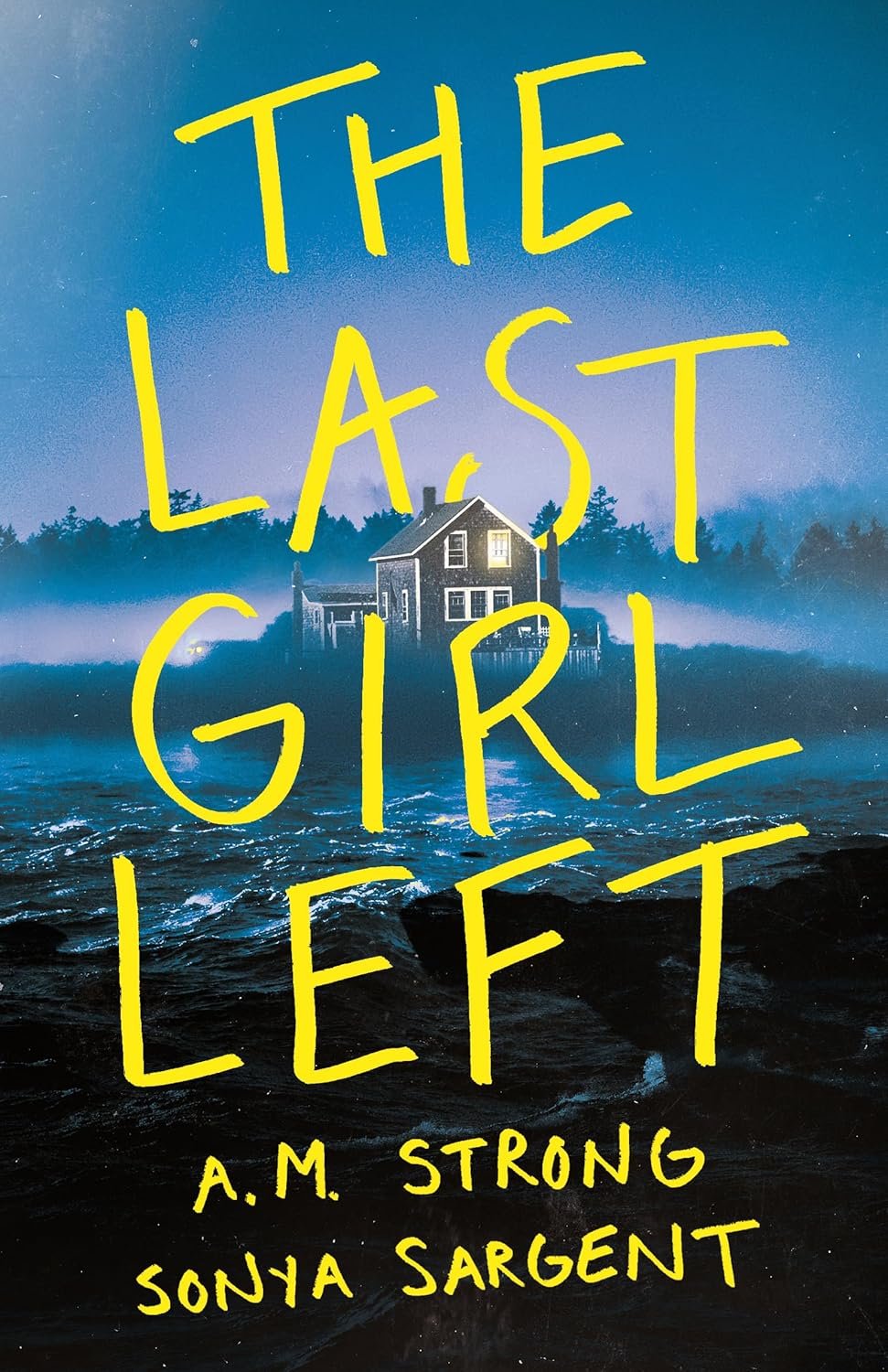Review of The Last Girl Left by Riley Sager
As a lifelong fan of psychological thrillers, the moment I stumbled upon The Last Girl Left by Riley Sager, I felt a magnetic pull. The premise—a woman returning to confront her trauma at the site of a horrific mass murder—spoke to my fascination with how we often challenge our deepest fears. What’s more compelling than facing the dark corners of our past, especially when they come wrapped in layers of suspense?
Set against the hauntingly beautiful backdrop of Cassadaga Island in Maine, the novel follows Tessa Chamberlain, who, five years after surviving a massacre that claimed her friends, decides to confront her demons by renting the same beach house where it all happened. From the outset, Sager masterfully constructs a chilling atmosphere, aided by the eerie setting and the enveloping fog that feels like a character in itself. Tessa’s internal struggles and the palpable tension set a riveting stage for an exploration of trauma, survival, and the quest for truth.
What I found particularly resonant in Sager’s writing was his ability to capture the psychological intricacies of trauma. Tessa’s paranoid thoughts, her obsession with safety—carrying a baseball bat, double-checking locked doors—felt authentic and relatable. This realism adds depth to her character, showcasing not only her strength but her vulnerability as someone forever changed by her past. Readers rant about how Tessa’s grounding in reality, including cringe-inducing flashbacks, made her journey relatable, and I couldn’t agree more.
Sager’s pacing is both deliberate and suspenseful, although I did find some segments dragged a bit, as noted by other readers. However, the buildup serves a purpose; it heightens the sense of impending dread that looms over Tessa’s return. Notably, the narrative twists and turns keep you guessing until the very end, reminiscent of classic thrillers. One quote that encapsulates the deep-rooted fear Tessa contends with is: "Just because you survived doesn’t mean you’re free."
Among the testimonials, I was struck by a fellow reader’s reflection that this book kept them “hooked and dying to know” who the real culprit was. I felt the same electrifying urge to solve the mystery, a testament to Sager’s skillful storytelling. The thrilling surprises continue to unfurl in a way that genuinely left me in suspense.
The Last Girl Left is more than a mere thriller; it’s an exploration of resilience, friendship, and the dark shadows cast by our pasts. I can see it captivating fans of psychological suspense, mystery enthusiasts, and anyone interested in tales of survival against the odds. If you’re seeking a gripping read that digs deep into the psyche while serving up unexpected twists, then The Last Girl Left should be at the top of your list.
In conclusion, Sager’s novel holds a mirror to our fears and the ghosts of our memories. It reminded me once again why I’m drawn to stories centered around survival and the human spirit. After all, isn’t it true we often find our strength when confronting our darkest moments? I’ll certainly be adding this book to my shelf as a reminder of that. Happy reading!
[ad_2]
You can find The Last Girl Left here >>







